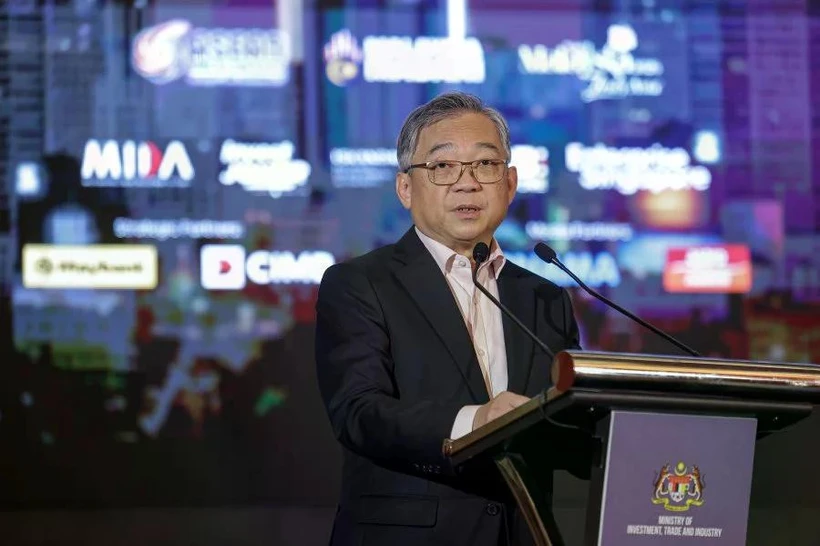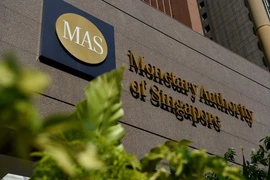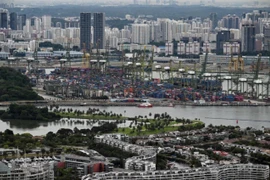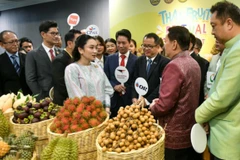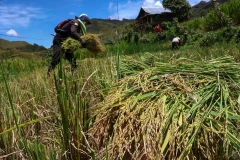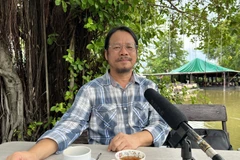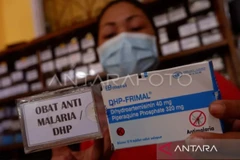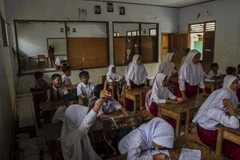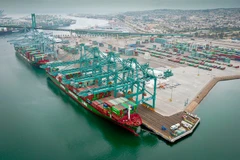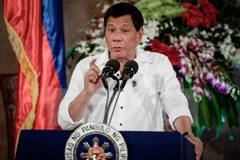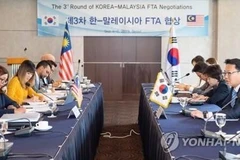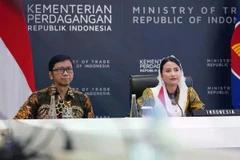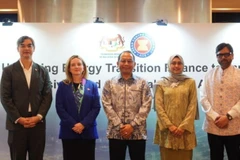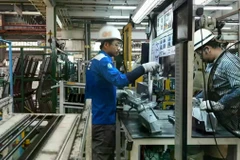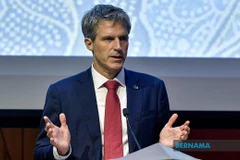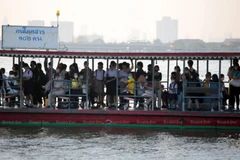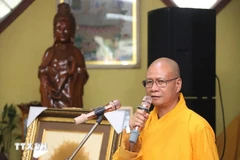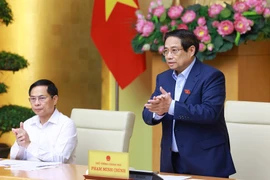Hanoi (VNA) – The newly established Johor–Singapore Special Economic Zone (JS-SEZ) is expected to present an opportunity for businesses to strengthen their supply chains amid uncertainties caused by tariffs, said Singaporean Deputy Prime Minister Gan Kim Yong.
At a business and investment forum in Malaysia’s southern state of Johor on April 21, Gan, who is also Minister for Trade and Industry, described the event as “both important and timely” amid rising protectionism globally.
He noted that escalating tensions between the US and China have led to a volley of tit-for-tat tariffs, effectively choking off trade between the world’s two largest economies.
These developments will have significant implications on businesses in Singapore and Malaysia, many of which are embedded within the production and supply chains of both the US and China.
A project like the JS-SEZ, though, demonstrates how like-minded countries can work with each other to overcome challenges facing them, he said.
The JS-SEZ aims to streamline cross-border trade and investment in key sectors such as advanced manufacturing, logistics, technology and the digital economy.
The zone, encompassing 3,571 sq.km of land across southern Johor, will offer simplified customs clearance, harmonised regulations, improved connectivity for both people and goods, and tax incentives for companies that set up there.
US President Donald Trump announced reciprocal tariffs on imports on April 2, under which Singapore faced a base tariff rate of 10%, while Malaysia was subjected to a 24% tariff on exports to the US./.
